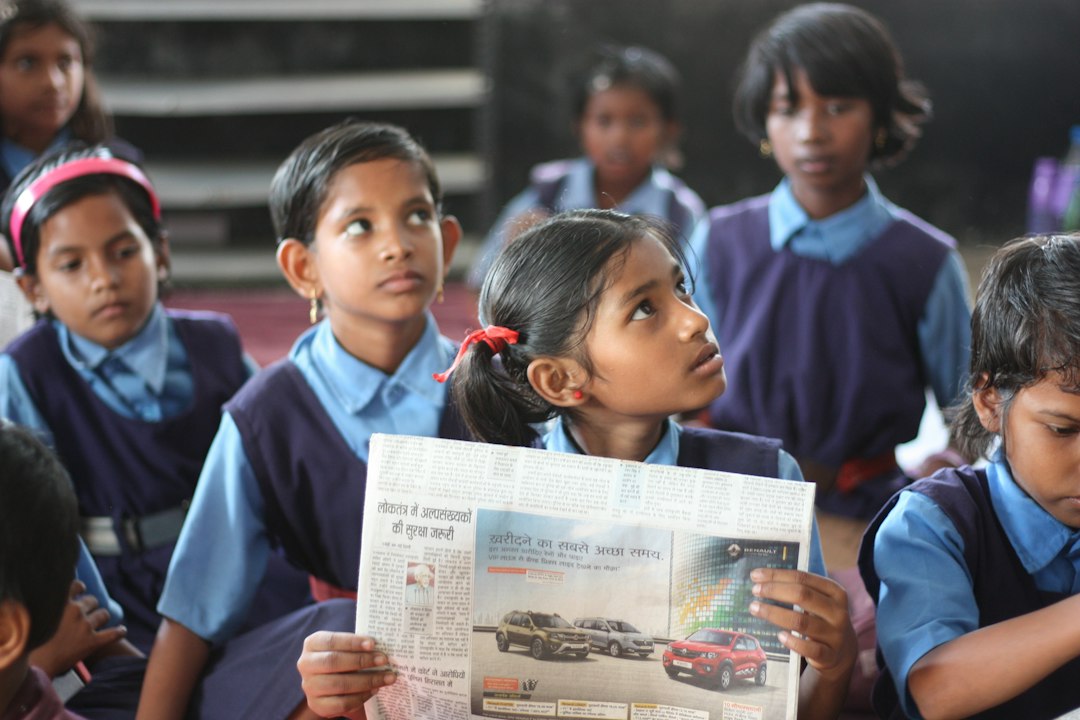The Role of Art Education in Enhancing Creativity
Art is a powerful medium that transcends language and cultural barriers. It is a means of expressing oneself, a way to evoke emotions, and a platform for social commentary. Art education plays a crucial role in enhancing creativity, fostering critical thinking, and nurturing personal growth. In this blog post, we will delve into the significance of art education in unleashing the creative potential within individuals.
One of the primary benefits of art education is its ability to stimulate creativity. Artistic activities encourage individuals to think outside the box, explore new perspectives, and experiment with unconventional ideas. Whether it’s painting, sculpting, or even photography, art gives individuals the freedom to express themselves in unique and innovative ways. By offering a creative outlet, art education fosters originality, allowing students to develop their own vision and voice.
Moreover, art education equips individuals with the skills to think critically and solve problems creatively. Engaging in artistic endeavors requires individuals to make decisions, analyze different components, and find creative solutions to challenges. This process enhances problem-solving skills, as individuals learn to approach situations from different angles and explore alternative solutions. Creativity and critical thinking go hand in hand, and art education serves as a valuable tool for nurturing these vital skills.
Furthermore, art education nurtures personal growth and self-expression. In an increasingly interconnected world, it is crucial for individuals to have a strong sense of self and to express their thoughts and emotions confidently. Through various artistic mediums, individuals can explore their identities, experiment with different forms of self-expression, and gain a deeper understanding of themselves and others. Art education provides a safe space for individuals to reflect, connect with their emotions, and develop a sense of empathy, ultimately leading to personal growth and self-discovery.
Art education also plays a significant role in fostering cultural appreciation and awareness. By exposing students to various art forms from different cultures and time periods, art education promotes inclusivity and broadens perspectives. Individuals become more open-minded and develop a deeper understanding and appreciation for diversity. This exposure to diverse art forms encourages individuals to embrace different cultures, ideas, and ways of expressing oneself, fostering a more inclusive and accepting society.
In addition, art education has been shown to enhance academic performance. Research has indicated that students involved in art education tend to have higher levels of motivation, engagement, and overall academic achievement. Art education stimulates the brain and enhances cognitive function, ultimately improving individuals’ ability to learn and retain information. Furthermore, art education encourages interdisciplinary thinking, which can lead to a more comprehensive understanding of different subjects, such as history, science, and literature.
Despite the multitude of benefits art education brings, it is unfortunate that it is often undervalued and underfunded in schools. The focus on standardized tests and academic performance often overshadows the significance of art education. However, it is vital to recognize that creativity and artistic expression are integral aspects of human development. By neglecting art education, we are depriving individuals of a fundamental form of self-expression and stifling their creative potential.
In conclusion, art education plays a pivotal role in enhancing creativity, fostering critical thinking, and nurturing personal growth. Through artistic activities, individuals are encouraged to think outside the box and explore new perspectives. Art education equips individuals with problem-solving skills while also nurturing their own sense of self-expression. Additionally, it promotes cultural awareness and appreciation, enriching individuals’ perspectives and encouraging inclusivity. Moreover, art education has shown to enhance academic performance, as it stimulates the brain and fosters interdisciplinary thinking. It is, therefore, essential to recognize the significant role that art education plays in individuals’ development and to prioritize its inclusion in our education systems. Let us nurture and support art education, for it has the power to shape creative minds and foster a more vibrant and inclusive society.

